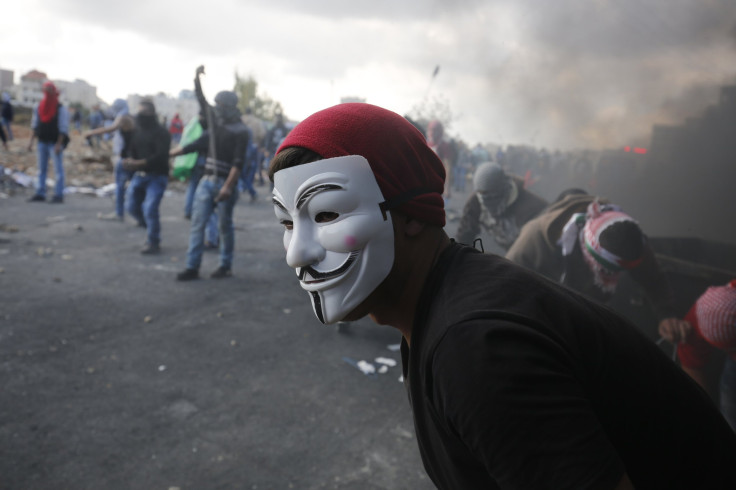How Anonymous Fights ISIS: It’s More About Research Than Hacking

The loose collective of hackers known as Anonymous declared war on the Islamic State group in the wake of the attacks in and around Paris Nov. 13. “War is declared. Prepare yourselves,” a collective representative wearing one of its signature Guy Fawkes masks said in a video message targeting terrorists that was released three days after 130 people were killed and hundreds wounded in the French capital. The militant group formerly known as either ISIL or ISIS claimed responsibility for the coordinated assaults.
The 11-year-old collective of like-minded hacktivists has pledged to increase its efforts to disrupt the Islamic State group’s online recruitment efforts employing cyberwarfare techniques similar to the ones it has used in the past against corporate and government websites. But there are questions about whether these efforts have had any measurable effect. One of the few members of the collective who has been publicly identified as such said every little effort it and others make along this line helps in the fight with the militant group.
“Everyone loves to say ‘hacking,’ but what Anonymous is doing is just tons of research, identifying and monitoring everything out there that ISIS might use to communicate and recruit, and trying to get those channels shut down, be it Twitter accounts, Facebook pages, telegram channels,” Gregg Housh said in an interview with the Washington Post published Saturday. “They’re just trying to shut down their ability to talk to the public. I think it’s had a decent effect. ”
Although taking down one Twitter account at a time may appear like playing a ceaseless game of whack-a-mole, Housh and others said anything that impedes the online communications and outreach undertaken by the Islamic State group is better than doing nothing.
Anonymous’ efforts since the Nov. 13 attacks have encompassed recruiting its own online army of people devoted to identifying and shutting down the militant group’s avenues of propaganda. The collective recently released instruction guides to help spread information about the basics of denial-of-service attacks on websites and password cracking, as well as instructions on how to create programs that identify Twitter accounts related to the Islamic State group and how to help Anonymous find terrorist-propaganda sites.
Websites related to the militant group have been gravitating to the dark Web, a region of the Internet whose constituents don’t appear in the results of search engines and typically require login information, so Anonymous has been attempting to find and infiltrate these sites.
An Anonymous sibling known as either Ghost Security or GhostSec took down a site associated with the Islamic State group on the dark Web Friday, replacing calls for jihad against the infidels with an advertisement for an online pharmacy peddling Prozac and Viagra, as well as a snarky message to readers.
However small, efforts like this appear to be having a measurable effect.
This month, the Hacker News penetrated an instant messaging site employed by the Islamic State group to relay information and found chatter about hacktivist countermeasures. Along with the usual calls for Allah to protect members of the militant group and platitudes about “dirty kuffars” (dirty infidels), one message offered the type of advice a typical information-technology director would send out to corporate staff, including a warning to avoid clicking on links to unknown sources.
© Copyright IBTimes 2024. All rights reserved.





















